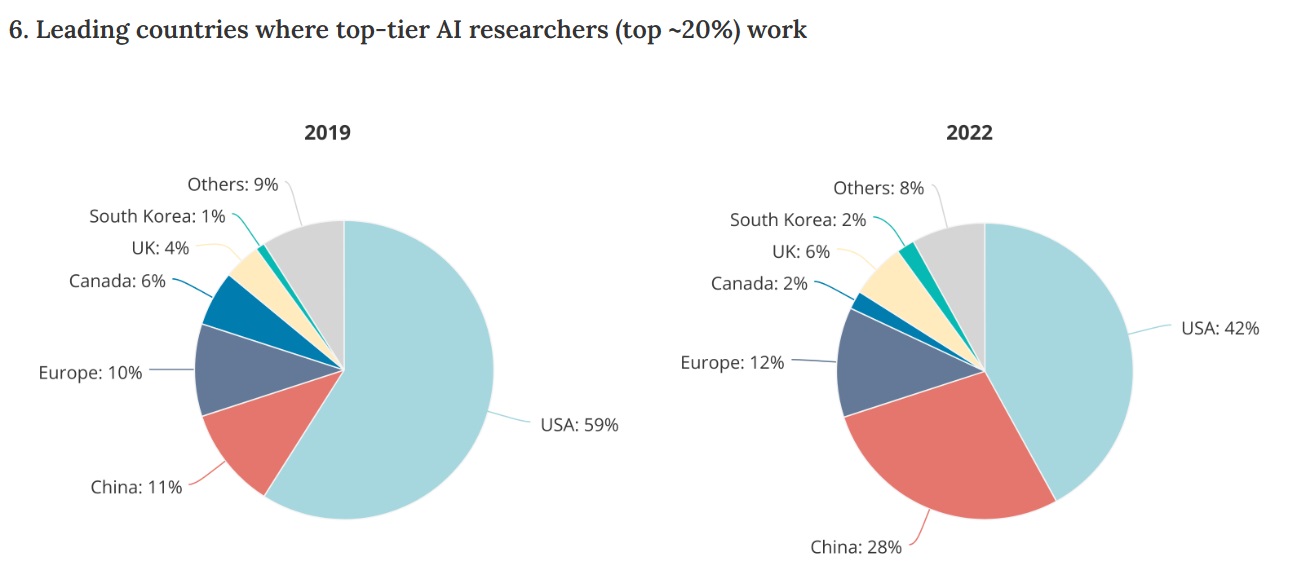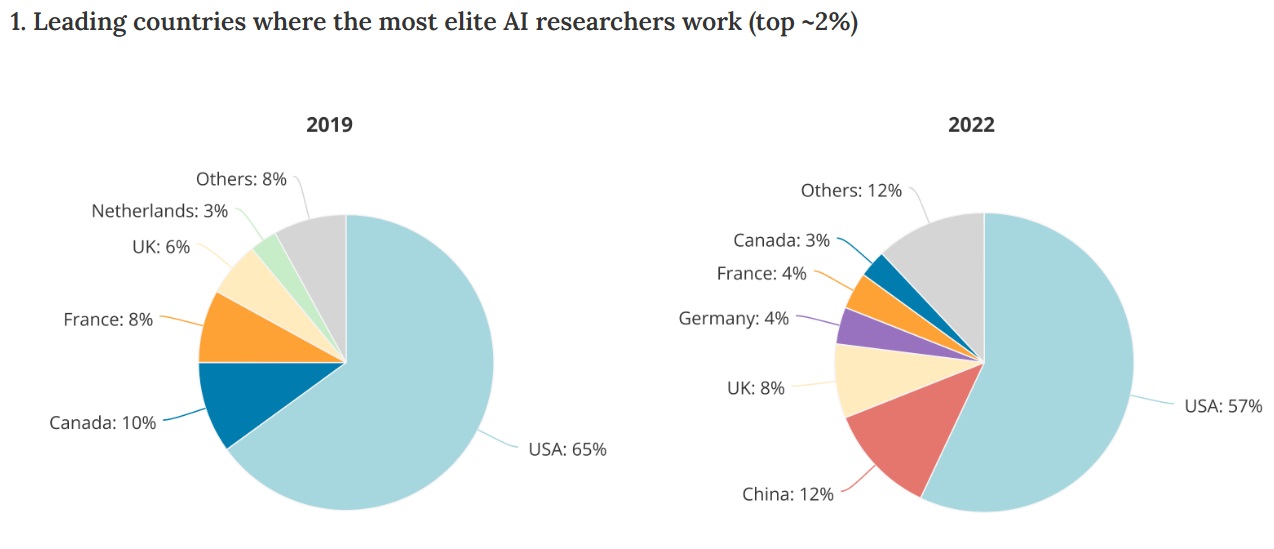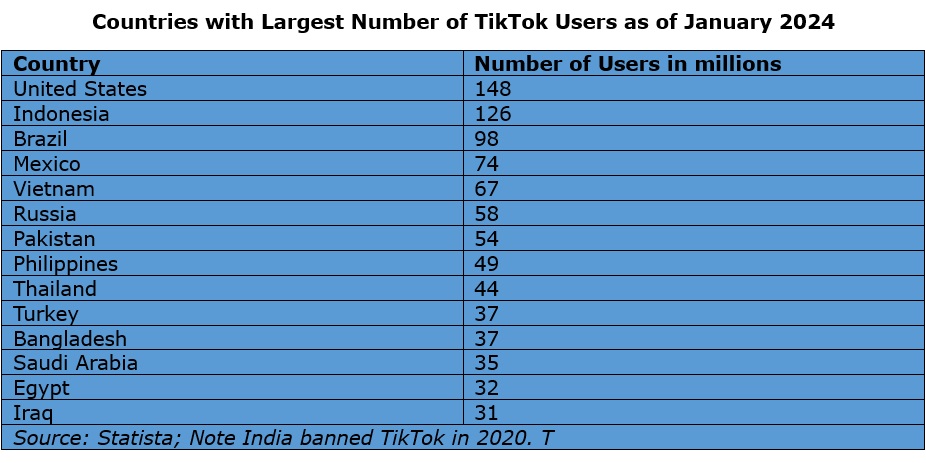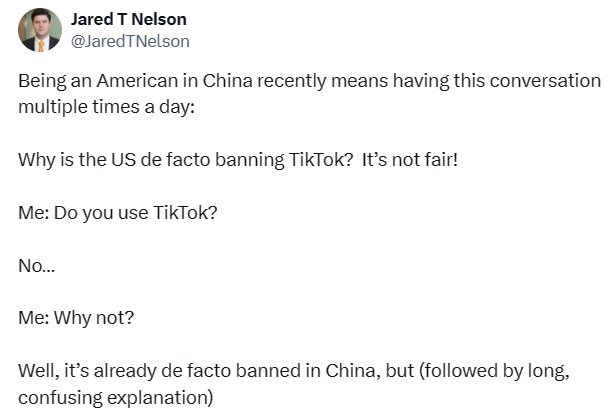Like many people…or rather increasingly unlike many people, we watched the Oscars last Sunday. Listening to a podcast afterwards, we learned that Billie Eilish’s performance of What I was Made For had a thousand times more views on the Oscars’ website than did Ryan Gosling’s performance of I’m Just Ken despite the former being a slow ballad and the latter a fun and spirited Busby Berkeley-like number. But perhaps young people are mopey nowadays rather than jaunty, or at least prefer dirges to celebratory music. Certainly many of today’s young male pop stars (we’re looking at you Ed Sheeran and Sam Smith) exhibit little of the strong will and exuberance of their female colleagues.
Whatever the explanation we learned shortly thereafter that Robert Kennedy Jr had asked Aaron Rodgers to be his vice presidential running mate which made us remember that we watched Rodgers and our beloved Green Bay Packers win the Super Bowl in 2010 in a hotel lobby while drinking too much Bud Light. We’d accidentally, and this is entirely true whether you believe it or not, ordered the wrong item from the menu and something like a dozen Bud Lights were delivered to our table (we can’t remember the exact number because this was 14 years ago and, well, a dozen Bud Light’s later).
And so we wonder, given the career and mental arc of Aaron Rodgers, if there were a governing body for our life–imagine an even more bizarre NCAA whose sole focus was Sam Kaplan–whether it would penalize our rooting for Aaron Rodgers those many years ago, like we’re Reggie Bush or something? Or is he just Aaron and is this what we are made for? We’re certainly made for tracking global AI talent, eyeing the rebels progress in Myanmar, and counting down TikTok’s troubles in Congress. It’s this week’s International Need to Know, the baseball spring training of international information, the March Madness of global data.
Without further ado, here’s what you need to know.
Tracking AI Talent
As AI continues to make progress, and as new applications and breakthroughs emerge seemingly every week, perhaps we should step back to take a global look at the sector. Macropolo, the think tank of the Paulson Institute, does that in its Global AI Talent Tracker. The two titans in AI continue to be the U.S. and China. Macropolo’s research finds that the United States continues to be the top destination for AI talent. For top tier AI researchers, 42 percent live and work in the United States with China second at 28 percent (see first chart below). Europe is far behind at 12 percent. For the most elite workers (see second chart below), 57 percent work in the United States and 12 percent in China. Note that in both categories China has improved tremendously since 2019. AI workers don’t move abroad as much as they previously did, including but not just Chinese AI workers. For example, in 2019 “nearly all Indian AI researchers (based on undergraduate degrees) opted to pursue opportunities abroad. But in 2022, one-fifth of Indian AI researchers ended up staying to work in India.” Now we await this week’s AI breakthrough.
Keep An Eye on Myanmar
In recent weeks, the two conflicts most in the news—Russia’s invasion of Ukraine and whatever it is Israel is doing in Gaza—have not exactly generated lots of positive news. So cast a weary eye over to Asia where you might remember a group of pro-democracy rebels and minority ethnic groups have been fighting the forces propping up the Myanmar military coup. We mentioned many moons ago that the rebels seemed to be gaining traction and now comes word from Joshua Kurlantzick’s blog (remember blogs?) that the coup’s military might be falling apart, “Over the past six months, Myanmar’s armed forces, also known as the Tatmadaw, have increasingly begun to disintegrate.” Indeed a Washington Post article notes these soldiers are disguising themselves as civilians to buy food from villagers, so low are they on rations. Of course, given the horrible nature of the coup leaders, soldiers who have tried to go AWOL have been tortured, which one assumes has only hurt morale even more. Additional evidence of progress, says Kurlantzick, is that the rebel forces have taken hundreds of towns and bases. The military’s coup in Myanmar a few years ago came when democratization around the world seemed to be waning. The possibility, and it is only that, of a restoration of democracy to Myanmar, would be a welcome development in this worrisome world of ours.
China Corner: Tick Tock on TikTok
A bipartisan group of legislators recently introduced legislation that would require TikTok, which is owned by the Chinese company, ByteDance, to divest or shut down. The U.S. House of Representatives passed the legislation yesterday. We are of at least two minds on this legislation. TikTok shouldn’t be banned because of bad content or because we’re worried what it will do to teenagers’ brains (studies of social media’s effect do not find that social media is all that damaging to teens). But it’s certainly legitimate to worry about China’s government’s access to the data hoovered up by TikTok. TikTok has repeatedly been caught lying about China’s government not having access to such data. TikTok is also by far the most invasive of privacy of any social media company, including tracking keystrokes of its users, even when they are not using the app. TikTok also surveils people, including journalists.
But if we are to force Bytedance to sell or shut down we’d prefer the argument included reciprocity. China’s government does not allow foreign social media presence in China. It’s darkly amusing to see Chinese propagandists like Hu Xijin calling for freedom of expression in America when his government allows none of it in China. In fact, reciprocity, not trade balances, should be the world’s mantra when it comes to trade policy with China. Too often there is one rule for Chinese companies in China and another for foreign companies. There’s a reason Amazon, for example, has been successful many places, but not in China. U.S. law already has a 20 percent limit for foreign ownership of media requiring an FCC license so there is precedent for what the TikTok bill does. Still, to be honest, we’re not sure if we support the bill, but TikTok and China’s mendacious attack of the proposed legislation is an argument in favor of it. There’s much more to say about this–including whether a better approach would be to protect users privacy on the Internet in general–but space precludes it. Perhaps we should have made a short video and posted it on TikTok.






